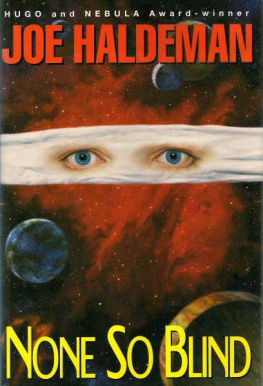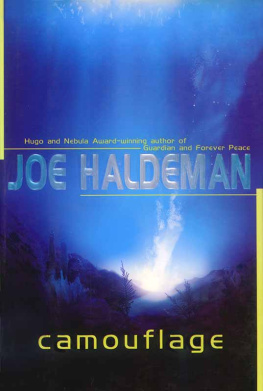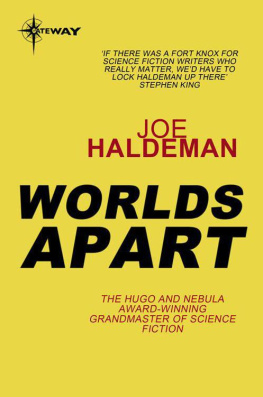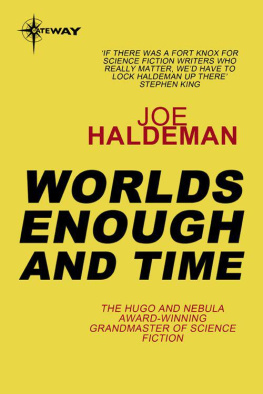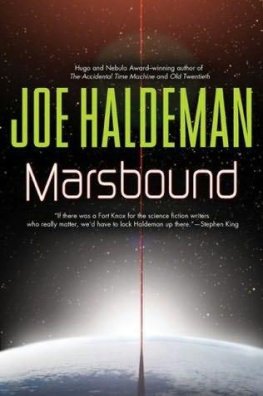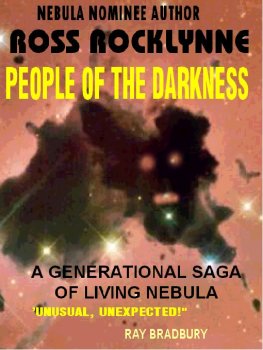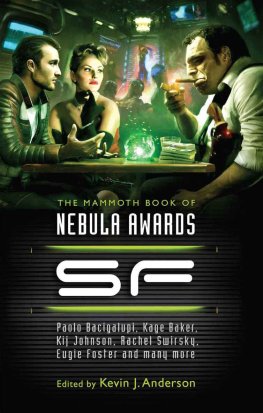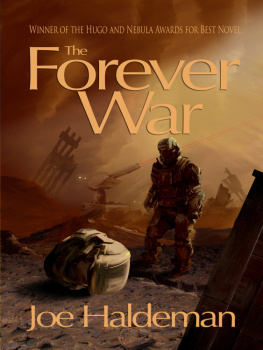His hometown was space, and he never left:
The boy who watched the Russian beeper drift
through the twilight is the old man who camped
outside the Cape to watch huge dumbos lift
their loads of metal, oxygen, water
Living in the back of an ancient Ford,
showing children, at night, the starry sky
through a telescope his young hands had built,
seventy years before.
He died the week before
they came back from Mars. But every story
ends the same way. Some extra irony
for the Space Junky. His life had twists, turns,
wives, deaths, jail, a rock. One story that he loved:
The time he gave the army back exactly
what the army gave to him. "Bend over,
Westmoreland," he'd shout in his cracky voice,
and only other oldsters would get it.
In college in Florida, just because
he could watch the rockets; the Geminis,
the Apollosroaring, flaring, straining
around the Moon
but then he was drafted.
Sent to 'Nam months after Tet. Bad timing
more ways than one. The fighting was awful,
the worst yetbut worse than that, the timing!
The year! When men first stepped down on the Moon
he was not going to be on his belly
in the jungle. He was going to be there.
The Space Junky was a poker player
without peer. Saved his somewhat porky ass,
this skill, just knowing when to push your cards,
and when to passthe others always stayed
in every hand; it was like harvesting
dandelions. Almost embarrassing,
the way the money piled upplay money,
"Military Payment Certificates,"
but a shylock in Saigon would give you
five for six, in crisp hundred-dollar bills.
Kept them in a Baggie in his flak vest,
those C-notes, until he came up for "Rest
and Recreation," a euphemism,
trading the jungle for a whore's soft bed
for a week. He went to Bangkok, where girls
were lined up on the tarmac as you left
the plane. He chose a fat and kindly one,
and explained what it was he had in mind.
She took him home for two bills, made some calls.
Gave him a rapid bit of sixty-nine
(not in the deal), and put him in a cab.
A man with a printing press signed him up
in the Canadian Merchant Marine.
Seven seasick weeks later he jumped ship
in San Francisco, and made his way down
to Florida, in July of sixty-nine,
to stand with a million others and cheer
the flame and roar, the boom that finally broke
the sullen surly bonds of gravity.
And then in a bar in Cape Kennedy,
a large silent crowd held its beery breath,
watching a flickering screen, where craters
swelled and bobbed and disappeared in sprayed dust,
and Armstrong said "The Eagle has landed,"
(put that in your pipe and smoke it, Westy!)
and it was tears and backslaps and free drinks,
but the next day the Space Junky was where
he'd be for the next seven years, the night
sky hidden by layers of federal
penitentiary.
But iron bars do not
a prison make to a man whose mind is
elsewhere. He was just a little crazy
when he went inand when he came out
he was the Space Junky, and not much else.
He never missed a launch. When the Shuttle
first flew, he pushed that old Ford from the Cape
to California, to watch a spaceship
a real spaceshipcome in for a landing.
He watched the silent robot probes go by
every planet save one (well, you can't have
everything), and an asteroid, comets,
countless rings and moons.
In the winter cold
he watched ill-fated Challenger explode.
Less surprised than most, shook his head, dry-eyed;
he cried years later when it flew again.
The Space Junky saw them lift the Station
piece by piece; saw us go back to the Moon,
from the back of a succession of Ford
station wagons, always old and beat-up.
He made enough with cards to get along;
lived pretty well, cooking off a Coleman,
sipping cola, waiting for the next launch.
After some years, they all knew who he was,
engineers, P.I. men, the astronauts
themselves. It was a Russian cosmonaut
who bent over the rusty sands of Mars,
and picked up a pebble for the Space Junky.
They were all sad to find he hadn't lived.
They put the rock in a box with his ashes.
They put the box in low orbit, falling.
It went around the Earth just seven times,
and sketched one bright line in the starry sky
that was his hometown
where he'd not been born
and where he'd never visited, alive,
but never left.
a story told as a sonnet redoubl
The first time that I died was fire and ice.
Cancer fire, as pain drugs lost their hold
I told them go ahead and throw the dice;
surrender to the cryogenic cold
these old and torn, worn and stitched remains
of the body that I so gladly wore
through one life's, the first life's, pleasures and pains.
Temporary death. Ice to freeze those sores.
If it's real death, then it is nothing more.
The chance of death was figured in the price:
the price that left my heirs a little poor.
But I would rather put my life on ice
I'm old enough to know what life is worth
quite old, but still too young for ash or earth.
I toured their factory. I saw the place
where what was left of me would find its rest.
A pool of nitrogen, wherein we guests
will sleep for ages, waiting for the race
of future not-quite-mortals who'll erase
the ill that brought us there, and then invest
our frozen bones with life again. The rest
is up to us: to find ourselves a place
in that future world.
But what caught at me
was the cold: ice to freeze these cancer sores
into limbo. That future paradise
was too remote (and wasn't guaranteed).
Pain flame and cryogenic reservoir
the first time that I died was fire and ice.
The final months of life, I had to bide,
and let the cancer win. An accident,
a stroke, a murder or a suicide
any end that's swift, convenient
would mean the brain would start to die without
the tubes and wires in place to save the cells
that make us who we are. A final bout
with pain, indignity, hospital smells
and lights and noise, noise.
Then death. And then
the blood sucked out, replaced with slippery stuff
that doesn't freeze. The pool of nitrogen
but I could feel. I wasn't dead enough.
At least it was relief from uncontrolled
cancer fire, as pain drugs lost their hold.
I do remember that the doctors said
the senses would be gone; no ear nor eye
nor skin for silence, dark, and cold. But I
suspect that they could tell I wasn't dead.
I wonder if they knew this gelid bed
becomes a bed of dreams. You don't quite die,
but live through life againand magnify,
with inching slowness, pain and shame and dread.
Recalling every kid I tattled on.
Recapitulating every mean
seduction, lie, double cross and vice
that soured my eighty years. Would I have gone
if I had known what I was getting when
I told them go ahead and throw the dice?
Not quite dead. I wondered if they knew
for centuries I wonderedthen for more
than centuries I plotted, and I swore
a sick revenge on that unholy crew,
who locked me in this frozen cell, this brew

